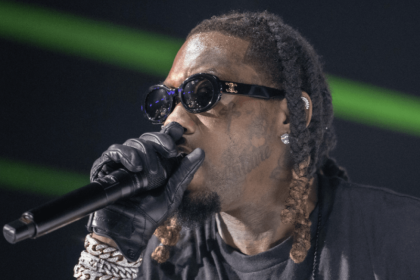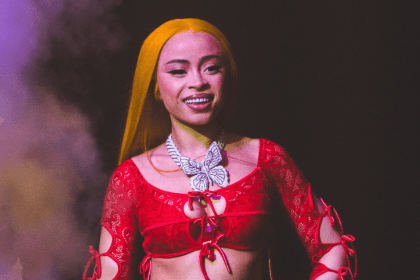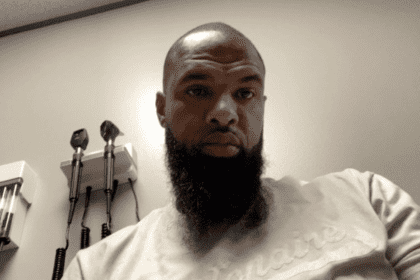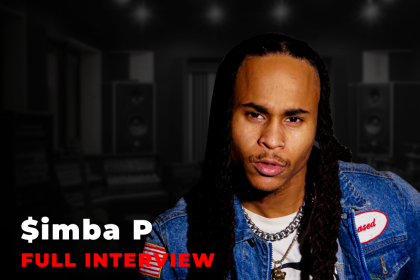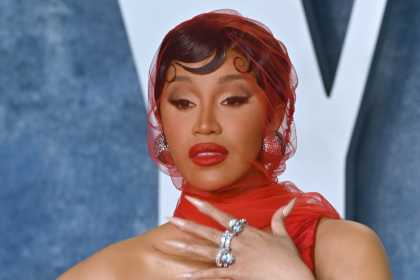Rick Ross discovered unexpected parallels during his recent Graceland visit, highlighting a deepening connection between hip-hop and rock pioneers. Standing before Elvis Presley’s iconic estate, the rapper reflected on shared elements between their legacies.
“Elvis Presley’s own Graceland is behind me. I just went on a tour throughout the crib. Very enlightening. Elvis was a legend, an icon,” Ross shared via Instagram Story. He noted striking similarities: “As we all could see, me and Elvis had a lot of things in common. His ranch is Graceland, mine is Promise Land. I love the planes, I love he was a hustler. He was a man amongst the people.”
This connection between hip-hop and rock royalty extends beyond Ross’s observation. Run-DMC and Aerosmith’s groundbreaking collaboration “Walk This Way” first bridged these musical worlds in 1986. Public Enemy and Anthrax later united for “Bring the Noise,” further cementing cross-genre relationships.
Beastie Boys early recognized rock’s influence on hip-hop, sampling Led Zeppelin and Black Sabbath. Jay-Z partnered with Linkin Park for “Collision Course,” demonstrating how musical barriers continued falling.
Ross’s appreciation of Elvis’s entrepreneurial spirit mirrors Chuck D’s complex examination of Presley’s impact on Black music in “Fight the Power,” sparking ongoing discussions about cultural exchange and attribution.
While exploring these musical connections, Ross’s personal life also makes headlines. His relationship with model and beauty entrepreneur Justice Williams has attracted attention, with Williams defending their romance on social media: “Y’all said if I’m here for 30, 60, 90 days, then so be it. But when I’m here past 30, 60, 90 days, I want everybody to go buy me some type of electronic. Y’all owe me.”
The intersection of hip-hop and rock history continues influencing modern artists. Kendrick Lamar samples James Brown while Travis Scott references Pink Floyd, showing how musical pioneers shape contemporary sounds.
Elvis’s impact on Black musicians remains complex. Little Richard noted: “Elvis was an integrator. Elvis was a blessing. They wouldn’t let Black music through. He opened the door for Black music.”
Ross’s Graceland visit follows other hip-hop artists acknowledging rock’s influence. Ice-T formed Body Count, while Kid Cudi’s rock experiments show genre boundaries increasingly blur.
Like Elvis’s Graceland symbolizing his success, Ross’s Promise Land estate represents hip-hop’s evolution from urban streets to cultural phenomenon. Both properties stand as monuments to artistic achievement and business acumen.
The relationship between hip-hop and rock pioneers continues strengthening through sampling, collaboration and mutual respect. Modern artists increasingly recognize their shared musical DNA while forging new connections.
As Ross explores both personal happiness and artistic inspiration, his Graceland experience adds another chapter to the ongoing dialogue between musical genres and generations.
For hip-hop artists, acknowledging predecessors like Elvis while maintaining cultural identity demonstrates the genre’s maturity and confidence. These connections enrich both genres while preserving their distinct characteristics.
This cultural exchange ensures music’s evolution continues, with artists like Ross building bridges between different eras and styles while creating their own legacies.


